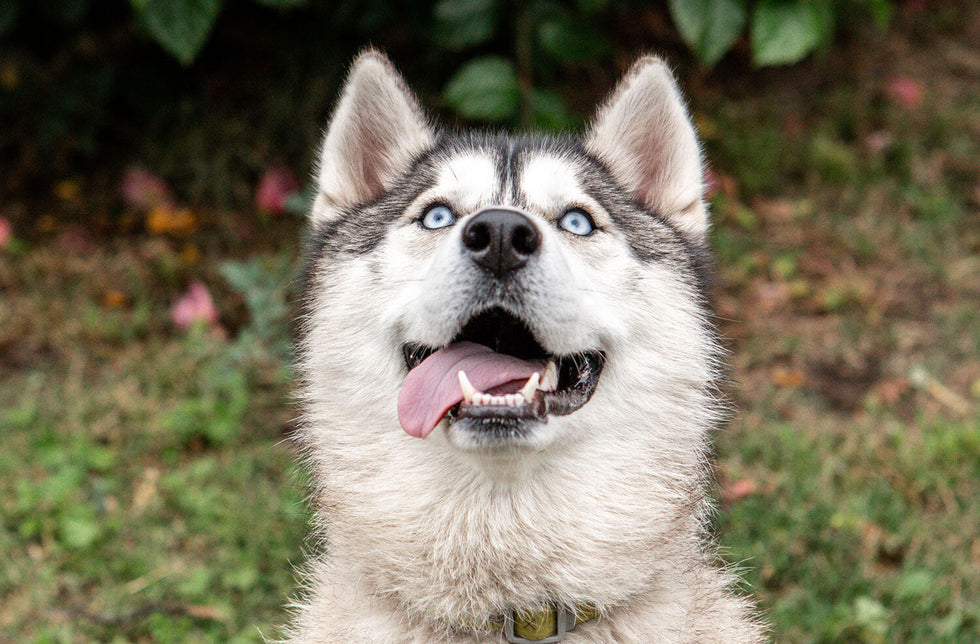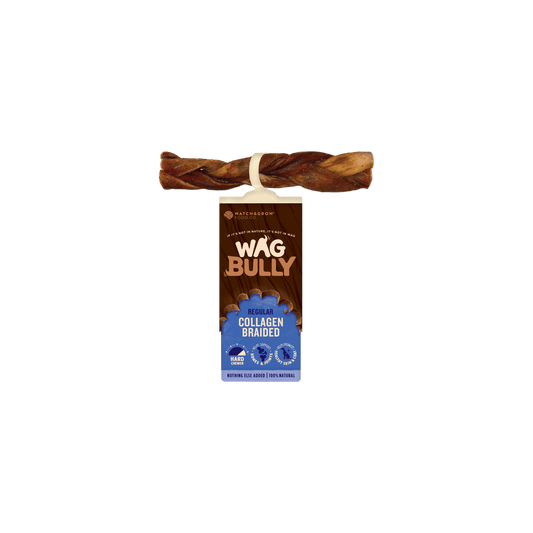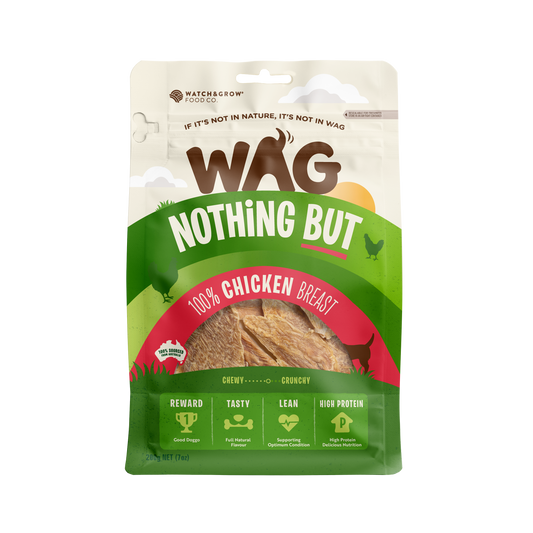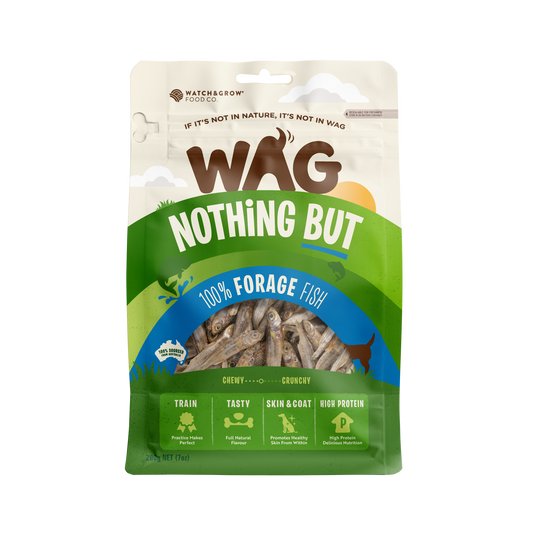First Time Dog-Parents: What Type Of Dog Is Best For Me?
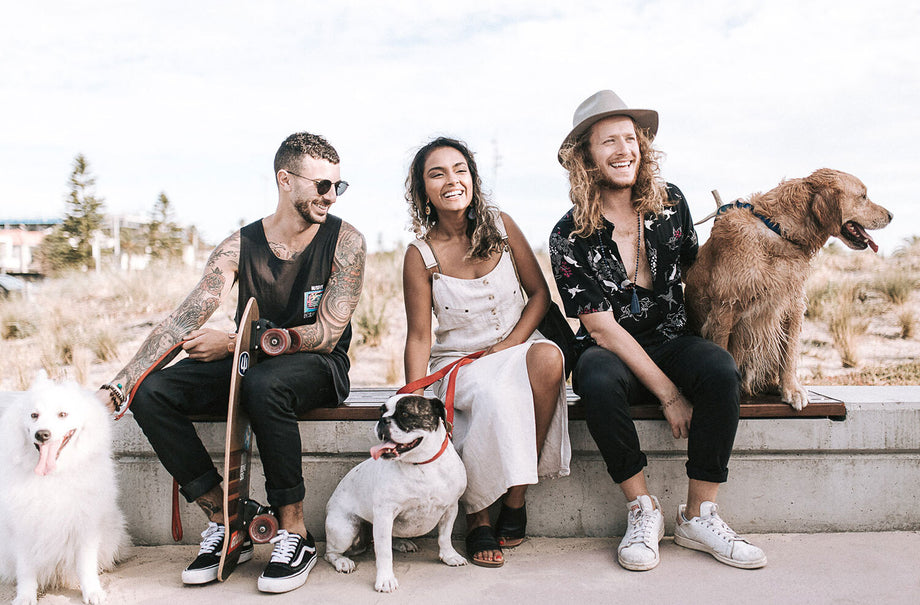
Contemplating adding a fur baby to your family is an exciting time. If you've decided to find a dog companion to welcome into your home, it can be overwhelming to know where to start. You may be wondering what dog is best for me and my family, how to choose a dog breed, and what things should you consider?
Selecting the right dog breed for you and your lifestyle is very important, and isn't as simple as just adopting the first little guy or gal that pulls on your heart strings.
Here are some things to consider when you prepare to embark on the journey to dog ownership, with some points to help you decide which dog breed is right for you:
How many dog breeds are there?
Honestly, it depends who you ask. But there are some 360 different dog breeds recognised around the globe. Selecting the right dog breed for you will ensure harmonious living for both you and your new best friend.
Small breeds
Popular breeds of small dogs include Dachshund, French Bulldog, Maltese, Cavalier King Charles Spaniel, Chihuahua, and a whole host of -oodles (such as Toy Poodle, Cavoodle and Moodle, though some Poodle breeds are closer to medium or large size).
Small dogs are often suited to singles or elderly people, as they don't necessarily require much daily exercise. They can thrive in small homes, potentially without much running room in the backyard.
That being said, some small dogs (such as the Jack Russell) are very energetic with high activity levels, so don't assume your small companion won't need any exercise. However, their energy may be spent from a play session or a quick game of fetch.
If you want a companion who loves to cuddle, a small breed might be a good match. In general, small breeds make great lap dogs. They also cost less to feed (purely because they have little tummies to fill!), but be mindful if you select a long haired breed as regular grooming will be an additional expense.
A benefit of some small breeds is they're hypoallergenic - a great consideration if you or any of your family members suffer from allergies. This also reduces the amount of dog hair that will litter your furniture and lap! However, there are larger hypoallergenic breeds as well.

Medium breeds
Popular medium dog breeds include Border Collie, Beagle, Australian Cattle Dog (Blue and Red Healers), Staffordshire Bull Terrier (Staffy), and Kelpie.
Medium sized dogs may suit young couples or busy families. They typically have moderate activity levels, requiring daily exercise which can usually be achieved through walks and play time.
Depending on your lifestyle, a medium dog may not be the best choice for those with small homes; though if you are very active and plan to often take your new dog out with you, you may find it okay.
If you have children, medium dogs are generally sturdier than their small counterparts, making them less likely to be injured in play with overexcited kids.

Large breeds
Popular breeds of large dogs include Labrador, Golden Retriever, German Shepherd, Weimaraner, Rottweiler and Australian Shepherd.
In general, big dogs have high energy levels and require a lot of daily exercise and a big backyard to run around and stretch their legs. If you are very active and want a pooch that can keep up, a large breed is likely the best choice for your new best friend.
Large breeds make great guard dogs, and often have coats that don't require regular grooming. However, if you're after a large breed that's hypoallergenic, there are large Poodle breeds to consider such as the Labradoodle or Groodle, who's size usually depends on the size of the Poodle parent.
Due to their size (some giant breeds can weigh in at over 90kg!), you can expect a large dog to have a big appetite - which can be costly in the way of dog food, so take that into consideration.
If you're still asking yourself “what dog is best for me?”, there are dog breed selector quizzes out there to help you decide the perfect dog size and breed to suit your lifestyle.

Other considerations
Training
All dogs require adequate training, and some dog breeds are easier to train than others. For example, it's widely said that Border Collies are the smartest dogs and are very easy to train. Some other dogs, such as Beagles and Rottweiler's, can be more challenging to train - but that's not to say it can't be done!
It's not true what they say - an old dog can learn new tricks. So no matter the age of your new pet, you will find training very valuable - it'll just take a little bit of hard work and commitment!
Often dog rescue organisations (and some private sellers) offer a trial period, so you can see if the dog is a good fit for your family, and if your family is the right fit for the dog.

Pet insurance
As a fur parent, whether or not to take out pet insurance is a personal decision. Certain dog breeds can be more expensive to insure, as some breeds are more likely to have health issues. In general, large dogs are more costly to insure than small breeds. In addition, purebred dogs are generally more expensive to insure than crossbreeds, as there's a higher risk they will develop hereditary health problems. The price of pet insurance increases as the dog ages, so this is something to consider if you’re hoping to adopt a senior dog into your family.
Time spent at home
Any dog can develop separation anxiety, regardless of their breed. If you're out often, it might not be the best time to welcome a new pet into your life, or you could consider a pet sitter or dog walker for when you know you'll be gone for long periods of time.
Some breeds (such as German Shepherds, Chihuahuas and Labradors) are more prone to developing separation anxiety, so they are probably not the best breeds for pet parents that are often out. In addition, puppies are very prone to feeling anxious during the time owners are not home, so it can be worthwhile taking leave from work when you welcome a new puppy, or having someone to watch your little pooch while you're out.
Deciding to add a new dog to your family is a big 10+ year commitment - in fact, some small breeds can live closer to 18 years. Make sure you have thought through all the responsibilities of dog ownership including the time commitment, the financial aspect, the exercise needs (especially if you have a very energetic dog), and how a dog will fit into your lifestyle as it changes (if you plan to go on to have young children, or travel, or move house).

Treat your furry friend with WAG
Once you've welcomed your new best friend, it's time to spoil them! Your furry pal deserves the very best, so check out our Get WAG natural dog treats. Our sustainable Australian-made dog treats have zero additives, so you know your canine companion is enjoying delicious treats without any nasties! Some of our favourites are pig ears for dogs, chicken jerky for dogs and treats specifically designed for puppies. We love creating healthy dog treats for all the good doggos, and your pooch is sure to love them.
Try This
WAG Team
Up Next
Can Dogs Eat Peanut Butter?
